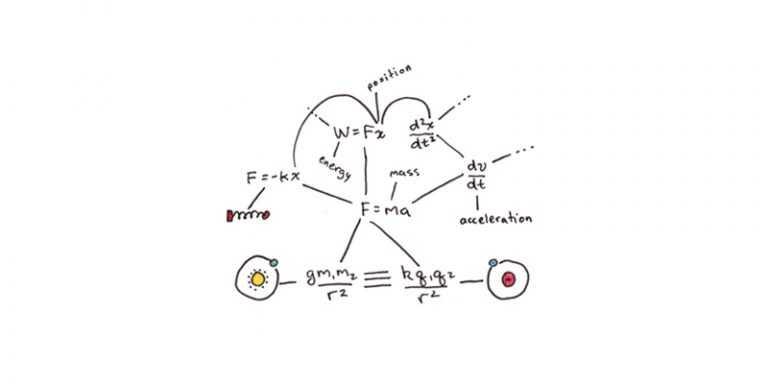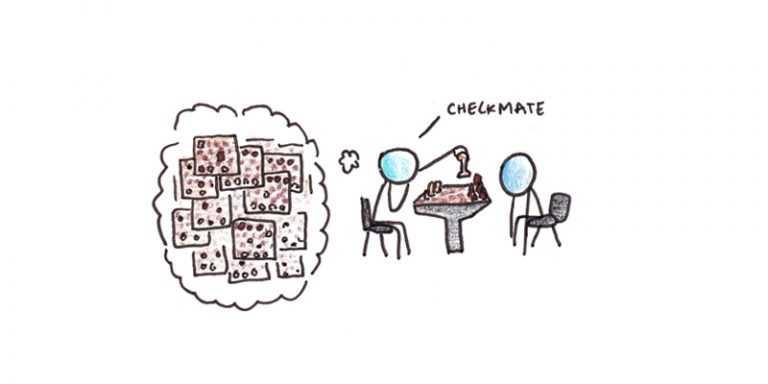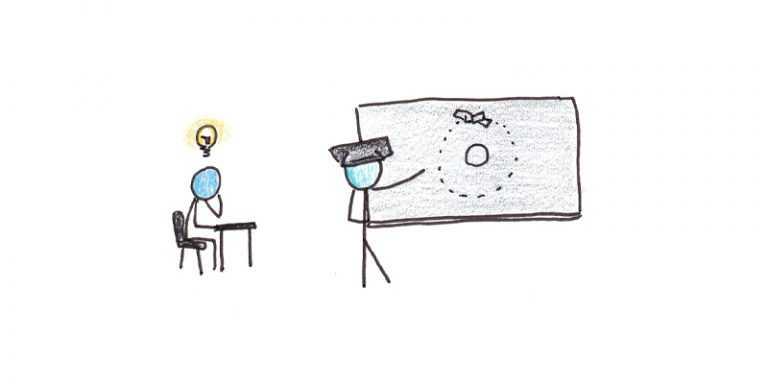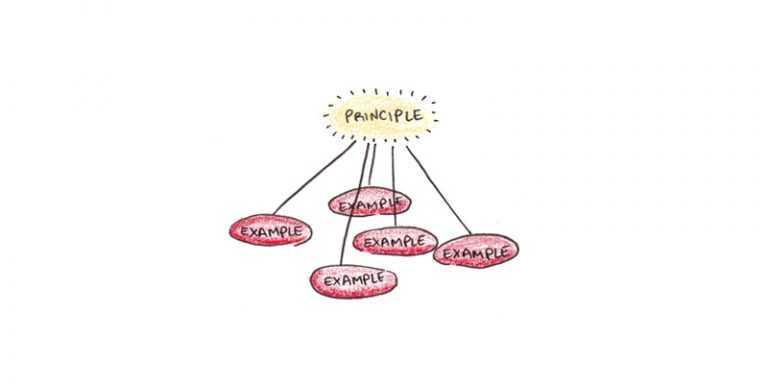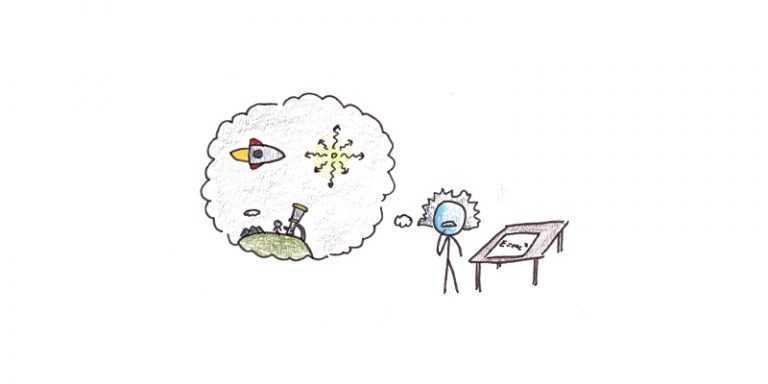What is Understanding? | Scott H Young
Curated from: scotthyoung.com
Ideas, facts & insights covering these topics:
7 ideas
·4.3K reads
24
Explore the World's Best Ideas
Join today and uncover 100+ curated journeys from 50+ topics. Unlock access to our mobile app with extensive features.
What it means to understand
We all know the difference between memorising something we don't understand and the satisfaction of genuinely understanding something.
To understand what it means to understand something is less clear. There are a few possibilities of what understanding might mean:
- Understanding as connected information
- Understanding as flexible action
- Understanding as an explanatory ability
- Understanding as identifying broad, abstract principles
- Understanding as concrete mental simulation
148
2.18K reads
Understanding as connected information
To understand something means having many connections between it and its related ideas.
We develop understanding by drawing relationships between what we already understand and what we are trying to understand. Analogies, metaphors, visualisations and associations can help to connect new and old knowledge. But it may not be sufficient to fully describe what understanding is.
136
485 reads
Understanding as flexible action
To understand something means to be able to apply it and various ways. Understanding chess means being able to play well from a variety of different positions. Understanding algebra means solving a wide range of algebra problems.
Experts seem to rely on having many examples in memory to find the correct move.
126
396 reads
Understanding as explanatory ability
There are many situations where we can behave flexibly but can't claim to have a deep understanding—for example, teaching someone how to tread water.
Alternatively, we may think that explanation, and not action, is the key principle. For example, the Feynman Technique is an example of a tool that aims at self-explanation as the way to understand something. But, it is not complete, as understanding can always deepen.
125
322 reads
Understanding as identifying broad, abstract principles
We may view understanding as noticing deeper principles - the broad patterns that underlie an issue. Understanding is then a mental process rather than an outward result.
Research shows that novices view physics problems in terms of superficial details (pulleys, inclined planes), but experts view the same problems in terms of principles (conservation of energy, momentum).
124
292 reads
Understanding as concrete mental simulation
Understanding can also be the ability to visualise or simulate what's happening in a concrete problem.
These kinds of simulations played a vital role in the achievements of Albert Einstein and Richard Feynman.
125
333 reads
Practical consequences of ways of understanding
There is no singular process behind understanding.
- Increased and varied exposure to an idea or skill should help to develop most forms of understanding.
- The flexible action and explanatory ability show some overlap, but there are cases where you could foster one kind but not the other.
Instead of trying to find one way of understanding, we should ask more guided questions about what we want to do with what we learn.
123
293 reads
IDEAS CURATED BY
Spending a large amount of time with someone literally causes you to pick up their habits. Choose your friends wisely.
Holden P.'s ideas are part of this journey:
Learn more about problemsolving with this collection
The impact of opportunity cost on personal and professional life
Evaluating the benefits and drawbacks of different choices
Understanding the concept of opportunity cost
Related collections
Similar ideas
5 ideas
The Value of Learning "Useless" Things | Scott H Young
scotthyoung.com
26 ideas
Twenty-Five Useful Thinking Tools | Scott H Young
scotthyoung.com
4 ideas
The Science Behind Building General Skills | Scott H Young
scotthyoung.com
Read & Learn
20x Faster
without
deepstash
with
deepstash
with
deepstash
Personalized microlearning
—
100+ Learning Journeys
—
Access to 200,000+ ideas
—
Access to the mobile app
—
Unlimited idea saving
—
—
Unlimited history
—
—
Unlimited listening to ideas
—
—
Downloading & offline access
—
—
Supercharge your mind with one idea per day
Enter your email and spend 1 minute every day to learn something new.
I agree to receive email updates

